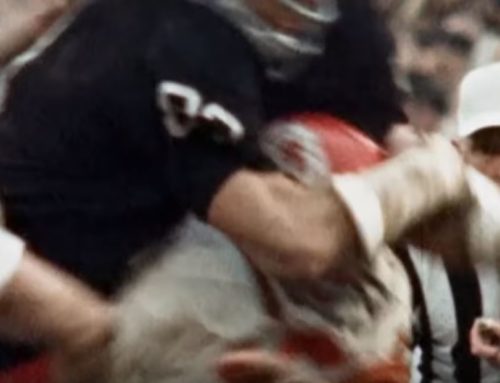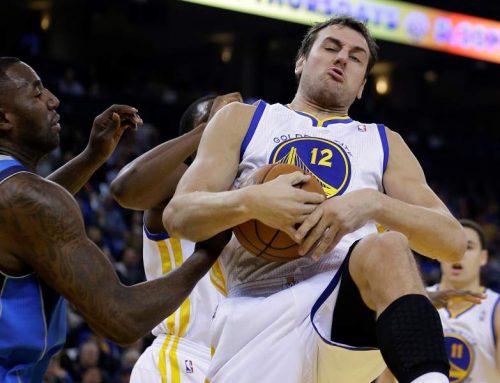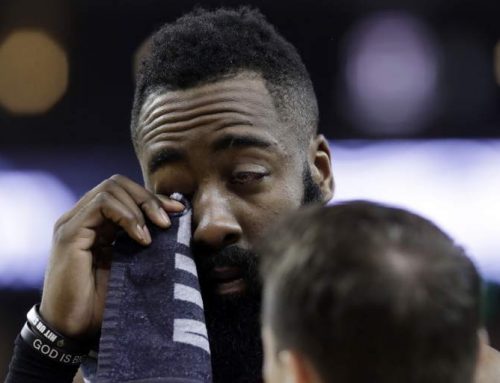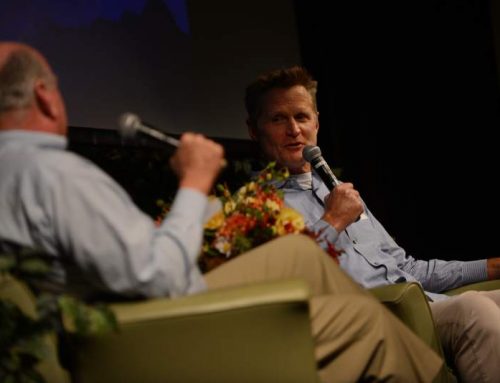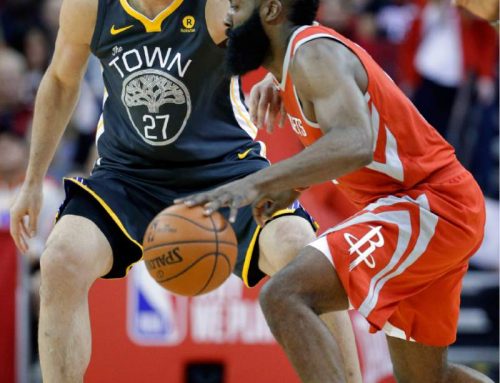Peyton Manning has been in the news a lot lately, for the best and worst reasons.
Just over a week ago, and just down the road in Santa Clara, Manning quarterbacked the Denver Broncos to victory in Super Bowl 50, possibly punctuating his storied NFL career with an exclamation point. And a couple days ago, the New York Daily News published a story accusing the quarterback of sexually assaulting a staff member at the University of Tennessee, then waging a vindictive campaign that would ultimately derail the woman’s successful career.
One reason that story got so much attention, and attracted so much debate, is that it seemed to contradict Manning’s Norman Rockwell image. Could this well-spoken team leader and go-to corporate pitchman really be guilty of such disgusting behavior? The images seemed hard to reconcile.
But I know one person who wasn’t in any way surprised by the Daily News story. He’s an old friend of mine. Let’s call him Joe. And he insists Peyton Manning is a jackass.
I’m a sportswriter, so I know many people who have spent a good deal of time around Manning. I’ve taken part in group interviews with him, too. But Joe knows the QB from a different context. He used to work at big trading card shows, including two at which Manning signed autographs: in San Diego the week before Super Bowl 37, and in Houston the week before Super Bowl 38.
To be clear, Joe didn’t sell collectibles at these events. He was on staff. He spent time in the green room where athletes would chill and eat and play video games, and he roamed the room (invariably a gigantic space at a convention center) in a golf cart to help make sure everything was running smoothly.
Joe dealt with dozens and dozens of NFL players at these events, and reports that they were almost invariably pleasant to work with. After all, they were getting paid to be there, and Joe was around to help them. He describes long-time fullback Zack Crockett as “super cool” (no one who covered the Raiders in the early 2000s would offer a rebuttal) and mentions Marcellus Wiley as another good guy. Wide receiver Keenan McCardell invited Joe to a party he was hosting.
Joe said he’d occasionally run into one of the athletes at a restaurant the next day, and they’d nod and ask him, “Hey, what’s up?”
In fact, in all the hours Joe spent handling these high-profile autograph signers, only a handful stand out as rude or disrespectful: Shannon Sharpe (the worst, Joe says), Brett Favre, another player I will not name here because it could start a little local firestorm that I’m not prepared to deal with now – and Peyton Manning.
The first thing that set Manning apart was his attire. All of the other players were dressed casually, frequently sweats and T-shirt, maybe jeans and a button-down. Manning wore a full suit. Joe found it pretentious.
“Dude, really?” he told me. “It’s San Diego, it’s 78 degrees and you’re wearing a (bleeping) suit?”
I do not submit this as evidence. Joe had a problem with Peyton Manning’s suits, but I don’t. The guy can wear whatever he wants.
The trouble was Manning’s attitude. One of Joe’s primary functions at these events was to get athletes to sign balls or footballs that would then be auctioned off for charity. Joe thinks United Way was the charity, but he doesn’t remember clearly. They all signed. It was the least they could do.
Manning not only refused to sign the charity items, he wouldn’t even make eye contact.
Joe walked up to the star quarterback in San Diego, smiled, introduced himself and asked if he’d care to sign a few things that would be donated.
“He just said ‘nope,’ turned around and walked away. That was pretty much it,” Joe said. “The thing with Peyton, at least Favre shook my hand and looked at me. But Peyton, if you’re not an agent or an executive with a bunch of money, he’s got no time for you.”
The same thing happened a year later in Houston, though this time Joe was expecting it.
This anecdote isn’t meant to convince you that Peyton Manning stuck his genitals in a woman’s face. The two things are unrelated. In fact, Joe’s story is unlikely to sway your opinion on Manning in a substantive way. Admittedly, it’s a minor complaint, one of thousands of pieces of a man who has lived his entire adult life as a public figure.
But I would argue that it’s worth considering, for one reason. We take stock of famous athletes primarily through media interviews and TV appearances and speaking engagements – in other words, via their public interactions. Some people are more rehearsed than others, but most of us are on good behavior when we’re in public. We try to be likable, respectable, even-keeled.
More instructive is how we behave when the cameras are off and the “opinion makers” are out of the room. You might say that the true measure of a man is taken in how he behaves toward the tradespeople and service technicians and lower-tier workers of the world, when no one else is looking. Toward people like Joe. And Peyton Manning didn’t always do a good job of that.

